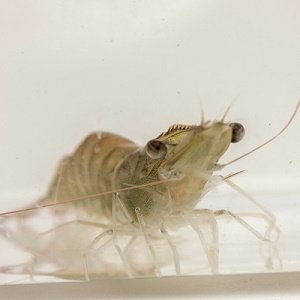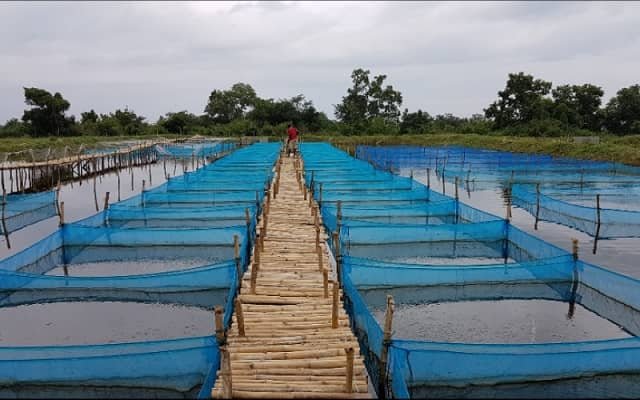South Africa.- Agriculture, Forestry and Fisheries Minister Senzeni Zokwana has welcomed the green light received on the proposed sea-based Aquaculture Development Zone (ADZ) in Saldanha Bay, Western Cape, saying this enhances sustainable aquaculture expansion in the bay.
Zokwana said this will further contribute towards the realisation of the aquaculture aspirations of Operation Phakisa: Oceans Economy in terms of job creation, increased primary production, increased GDP (Gross Domestic Product) contribution and inclusive growth of the sector.
“Aquaculture development can significantly contribute towards alleviating poverty, empowering local communities and enhancing food security. The Saldanha ADZ has the potential to meet the Operation Phakisa production target, increase local employment in the area by unlocking up to 2 500 permanent direct jobs which can contribute up to 25% towards current local unemployment figures.
“It has the potential to increase investment into the area by over R400 million and the estimated direct revenue at full production could result to over R800 million per annum. In addition, increased local production can meaningfully assist with the substitution of seafood imports and therefore realise social and economic impacts on a municipal, regional and national level,” Zokwana said.
Aquaculture has been practiced in Saldanha Bay since the 1980s and is considered as one of the primary locations for the culture of key commercial cold water species including oysters, mussels and salmon.
Access to land and water space
Previous studies indicate that one of the fundamental challenges in realising the potential of aquaculture in Saldanha Bay was the lack of an enabling regulatory environment.
The Operation Phakisa: Oceans Economy programme provides the platform to create this environment through increasing access to land and water space, as well as improving access to markets and funding.
Stay Always Informed
Join our communities to instantly receive the most important news, reports, and analysis from the aquaculture industry.
As a result, there is significant interest from industry to expand current operations and to start new projects in the area.
Operation Phakisa aquaculture projects
To date, 15 of the 35 registered Operation Phakisa aquaculture projects are located in Saldanha Bay, with the majority of them being small, medium and micro enterprises (SMMEs) in the oyster and mussel subsector.
Zokwana values the active participation of various Interested and Affected Parties (I&APs) in the area during the Environmental Impact Assessment (EIA) process.
In line with the environmental authorisation received, the Minister said, key mitigation and management measures will be undertaken to alleviate any risks identified.
“One such measure is the establishment of an Aquaculture Management Committee (AMC) composed of the relevant government departments to oversee the management, monitoring and compliance of the environmental authorisation.
“To ensure transparency and accountability, the Consultative Forum (CF) will be established to create a platform for I&APs to engage with government departments and discuss environmental monitoring results,” Zokwana said.
At first, approximately 1 800 hectares of sea-space was earmarked for aquaculture development in the bay. However, due to stakeholder inputs and other user needs, the initial area was reduced by over 50%.
“This equates to a total of 884 hectares, which is approximately 10% of the bay. Interactions between users will be monitored continuously at the AMC and CF. Other mitigation measures include the placement of buffer areas around sensitive parts including Marine Protected Areas, reefs, wrecks and sensitive visual receptors,” the Minister said.
In terms of increased aquaculture production, Zokwana said a precautionary and phased approach will be followed with regular monitoring and the extensive monitoring of the ADZ will be completed according to the relevant international standards.
Source: SANews
Editor at the digital magazine AquaHoy. He holds a degree in Aquaculture Biology from the National University of Santa (UNS) and a Master’s degree in Science and Innovation Management from the Polytechnic University of Valencia, with postgraduate diplomas in Business Innovation and Innovation Management. He possesses extensive experience in the aquaculture and fisheries sector, having led the Fisheries Innovation Unit of the National Program for Innovation in Fisheries and Aquaculture (PNIPA). He has served as a senior consultant in technology watch, an innovation project formulator and advisor, and a lecturer at UNS. He is a member of the Peruvian College of Biologists and was recognized by the World Aquaculture Society (WAS) in 2016 for his contribution to aquaculture.







